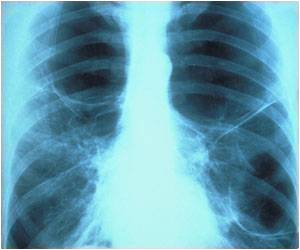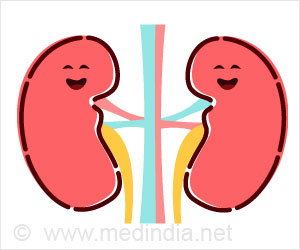Dr. Zhao’s research established that a gene called FOXM1 is important in the repair of blood vessel through regeneration of endothelial cells, which line the vessels of the lung.
Working with a mouse model, Dr. Zhao also demonstrated that FOXM1 expression could be reactivated by two methods, which restore the gene’s function and improve survival from ARDS in the aged mice. As seen in aged mice, FOXM1 expression was inhibited in elderly COVID-19 patients. His findings were published in the journal
One approach involved a low dose of a repurposed FDA-approved cancer drug, decitabine, which was successful at reactivating FOXM1 expression, and so promoting vascular repair and regeneration. This drug currently is in a clinical trial for treating severe COVID-19. Dr. Zhao’s findings suggest that a lower and safer dose could be used, and that the treatment should be targeted to older patients, since the gene’s activity remains intact in younger people.
“It would be important to focus decitabine treatment on the elderly population, in which FOXM1 expression needs to be activated to promote recovery and reduce mortality. The next step is a clinical trial of a lower dose of the drug for ARDS in the elderly,” said Dr. Zhao, Director of the Program for Lung and Vascular Biology and Head of Section for Injury Repair and Regeneration Research at Manne Research Institute at Lurie Children’s, as well as Professor of Pediatrics, Medicine and Pharmacology at Northwestern University Feinberg School of Medicine.
Advertisement
Dr. Zhao also demonstrated effectiveness of an alternative approach to reactivate the gene – endothelium-targeted nanoparticle gene delivery – a technology he developed and patented. It is a more precise strategy, which may also be safer than decitabine treatment.
“Because FOXM1 is also an oncogene, unwanted induction of FOXM1 in other cell types by decitabine treatment may be a cause for concern,” he explained. “Our nanoparticle gene delivery system delivers FOXM1 only in endothelial cells, where it is needed for lung injury repair and regeneration. This strategy carries great potential for treating any disease caused by endothelial dysfunction including cancer and cancer metastasis. It will need further testing before clinical use.”
Source: Eurekalert



